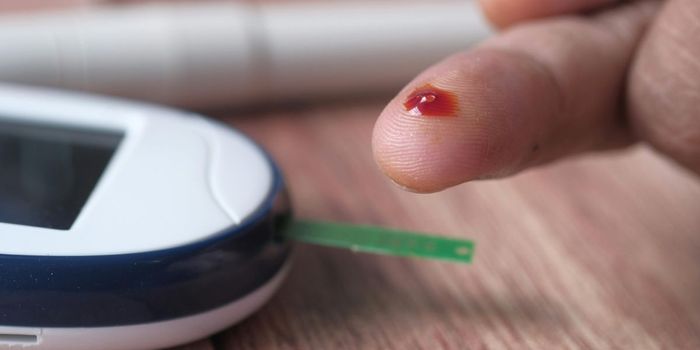Fecal Transplant Improves Symptoms in Early-Stage Parkinson's

In PD, a protein called alpha-synuclein misfolds and clumps to form Lewy Bodies. These Lewy Bodies then interfere with dopamine-producing nerve cells in the brain, leading to PD's characteristic motor symptoms. Current treatments for PD often work by replacing dopamine levels; however, they often have side effects and lose effectiveness over time.
Studies show that people with PD have more intestinal inflammation, a disrupted intestinal barrier, and an altered gut microbiome when compared to healthy individuals. Emerging research also suggests that PD may be linked to the gut microbiome. In the current study, researchers thus investigated the effects of FMT on PD symptoms over a year.
To do so, they recruited 46 patients with early-stage PD. 22 of the participants were given a healthy FMT, while the other 24 were in a placebo group. Ultimately, the researchers found that patients in the healthy donor group experienced significantly more improvement in motor symptoms than those in the placebo group.
They also found that improvement in motor symptoms became more pronounced between the sixth and twelfth month after FMT, suggesting a potentially long-lasting effect. They further found that participants experienced less constipation and that adverse events were limited to temporary abdominal discomfort.
Study author Prof. Roosmarijn Vandenbroucke at VIB-UGent Center for Inflammation Research said in a press release: "More research is needed, but it offers a potentially safe, effective, and cost-effective way to improve symptoms and quality of life for millions of people with Parkinson’s disease worldwide.”
Study author Prof. Debby Laukens of Ghent University also said in a press release: “Our next step is to obtain funding to determine which bacteria have a positive influence. This could lead to the development of a ‘bacterial pill’ or other targeted therapy that could replace FMT in the future."
Sources: Neuroscience News, EClinicalMedicine








